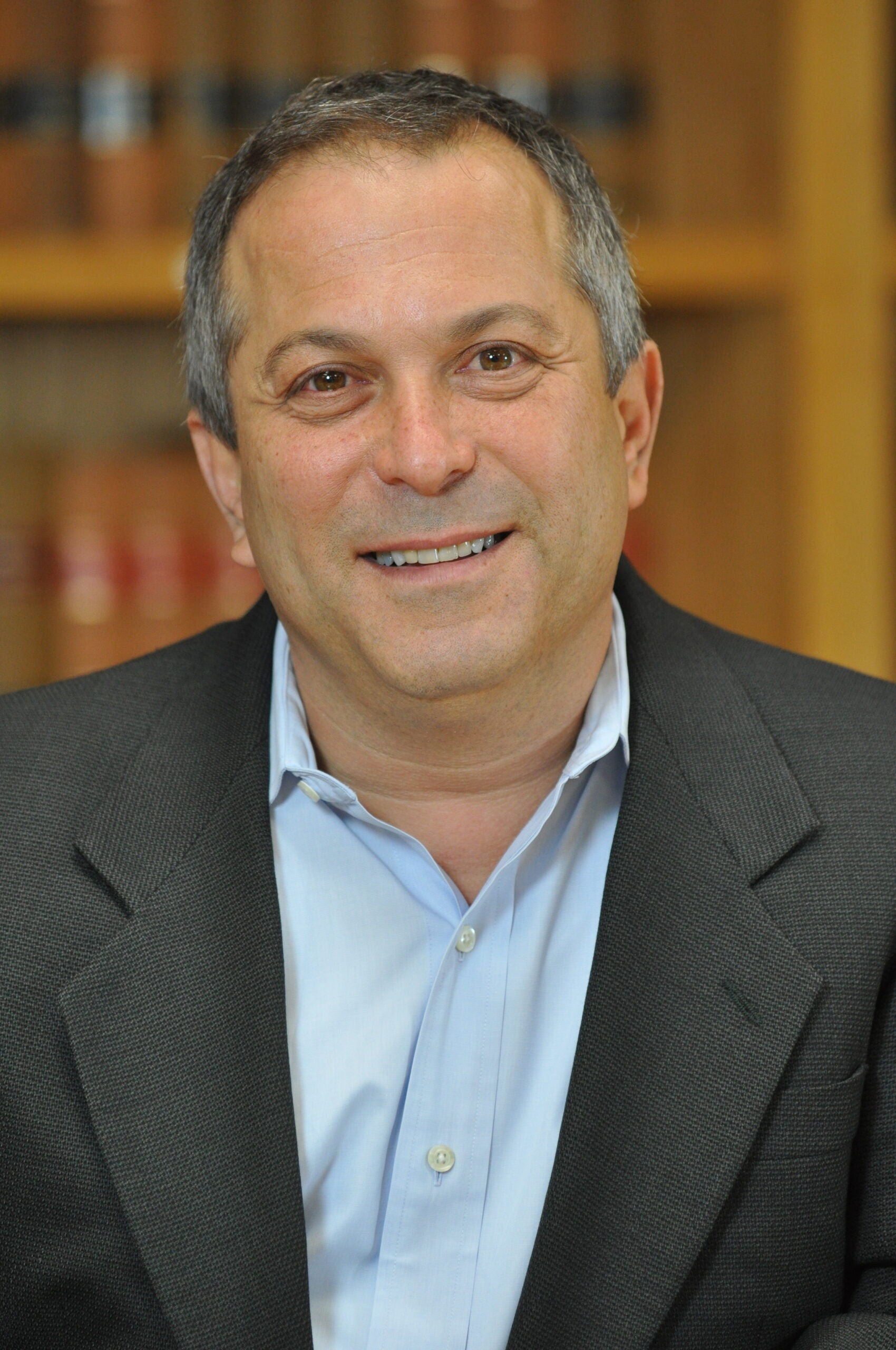A team of researchers from Harvard Law School’s Center for Health Law and Policy Innovation, Brown University’s Department of Medicine, Rhode Island’s Miriam Hospital, Treatment Action Group, and Kirby Institute of Australia, has released findings from a nationwide study of Medicaid policies for the treatment of hepatitis C virus (HCV), which affects over 3 million Americans. The study examined reimbursement criteria for sofosbuvir (Sovaldi), a highly effective medication to cure HCV in the overwhelming majority of patients. The article, which was published today in the Annals of Internal Medicine, details the coverage restrictions put in place by most Medicaid programs, and calls for policy change to improve access to new life-saving HCV treatment.
“Federal Medicaid law requires coverage of sofosbuvir, yet reimbursement criteria for Medicaid programs effectively cut off access to treatment. Intentional or not, the denial of treatment by the overwhelming majority of states goes against the spirit of the federal law,” said Dr. Lynn E. Taylor of Brown University Department of Medicine, lead author of the study.
The most frequently found restrictions fall into three main categories: how much fibrosis (scarring of the liver) a patient has (limiting treatment to individuals with more advanced fibrosis); substance use (mandating a period of abstinence from alcohol/drug use and/or demanding toxicology screening); and provider limitations (allowing only certain specialist physicians to prescribe sofosbuvir or requiring consultation with a specialist).
“Ultimately, we found that access restrictions are not based on scientific evidence, current treatment guidelines or clinical data,” said co-author and Harvard Law School’s Center for Health Law and Policy Innovation Director Robert Greenwald. Greenwald adds, “Notably, 74% of the 42 state Medicaid programs for which information is available limit treatment to individuals with advanced fibrosis or cirrhosis.” Such restrictions contradict the American Association for the Study of Liver Disease and the Infectious Disease Society of America treatment guidelines which support treatment for all HCV-infected persons, except those with limited life expectancy (less than 12 months) due to non-liver-related diseases.
“Rates of advanced liver disease complications and associated healthcare costs are rising in the United States.” said Taylor. “Although there is a high risk of progression to decompensated cirrhosis and liver cancer among patients with advanced fibrosis, limiting access to people who have already progressed to late-stage disease as compared to treating earlier to prevent these liver-related complications seems counter-intuitive as a public health strategy.”
Restrictions based on drug and/or alcohol use were also common. Among the state Medicaid programs for which information was available, 88% of states include drug and/or alcohol use or abuse in their eligibility criteria, with 50% requiring a period of abstinence of 3 to 12 months and 64% requiring negative urine drug screening. “This is particularly concerning because the majority of new and existing cases of HCV in the United States exist among people who inject, or have injected drugs,” said Taylor. “Rather than excluding people who use alcohol or drugs from treatment, even those with cirrhosis, they should be a priority group due to both improved individual health outcomes and potential HCV cure as prevention benefit.”
Since 2002, National Institutes of Health HCV guidelines have supported HCV treatment regardless of injecting drug use. International guidelines from the American Association for the Study of Liver Disease/Infectious Diseases Society of America, the European Study for the Association of the Liver, the International Network for Hepatitis in Substance Users and the World Health Organization, now all recommend treatment for HCV infection among people who use drugs. “There is compelling evidence that HCV treatment is safe and effective among people who inject drugs,” say Taylor.
“The Medicaid restrictions generally apply to the poorest and most underserved patients with HCV infection, are highly stigmatizing, and not evidence-based,” said Associate Professor Jason Grebely, co-author of the paper from the Kirby Institute at UNSW Australia. “The data suggest that state Medicaid policies for access to new HCV therapies should be reviewed and revised in line with national and international clinical recommendations.”
“It is unacceptable for treatment to be held hostage by state Medicaid programs,” adds Tracy Swan, co-author and Hepatitis/HIV Project Director at Treatment Action Group. “Medicaid programs have never forced people to wait for treatment until they are so sick that they are left with a higher risk for liver cancer – even if they are cured. We would never refuse treatment for cancer or other infectious diseases until people developed severe organ damage, nor do we withhold treatment for these illnesses from people who drink alcohol or use drugs.”
In distinct contrast to the situation in the United States, Australia’s Pharmaceutical Benefits Advisory Committee (PBAC) has recently recommended two highly effective sofosbuvir-based regimens for Pharmaceutical Benefits Scheme (PBS) listing, without drug use or disease stage-related restrictions. Assuming that price negotiations are completed and Federal Cabinet approval gained, Australia should have the broadest access to interferon-free therapy internationally, with PBS listing expected in December 2015 or April 2016,” said Professor Greg Dore from the Kirby Institute.
Based on its findings the study recommends that states review their access criteria and revise them as needed to align with national clinical recommendations. The study concludes that treatment access for people living with HCV should be based solely on clinical criteria and medical evidence. Since the current restrictions do not make clinical, public health, or long-term economic sense, these restrictions should be removed.
***************************************************
